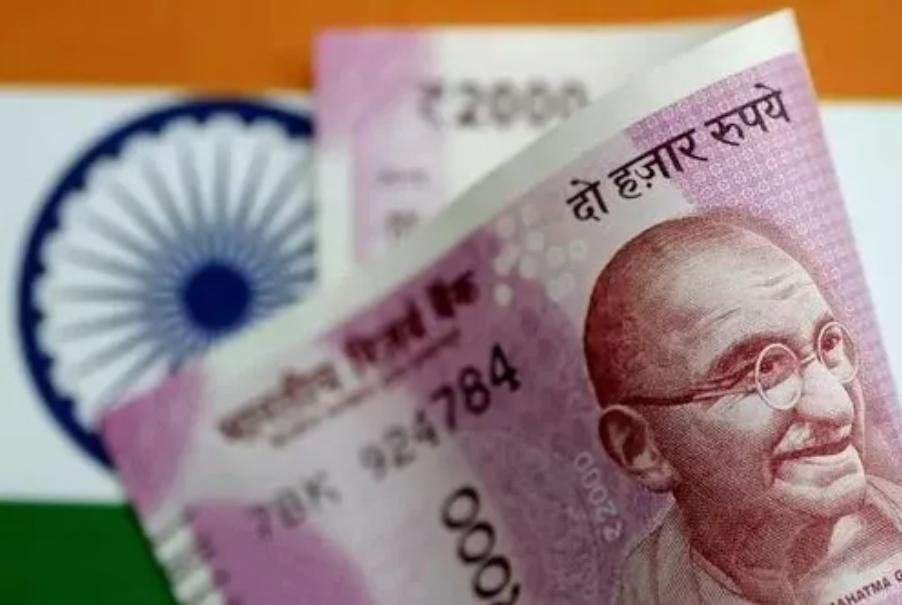
Standing on the cusp of the Indian stock market, the new record is constantly refreshed. Wall Street couldn't get as bullish as India's stock market. In addition to the fundamentals and the positive factors brought by Modi's re-election as Prime minister of India, the hot IPO market has also helped the Indian stock market rise to a certain extent. But the surging number of retail investors is also prone to creating the risk of a market bubble. The external economic environment, such as geopolitical conflicts and changes in the monetary policy of the US Federal Reserve, has also had a profound impact on the Indian stock market. On July 15, the Indian stock market once again hit a record high, the NIFTY50 hit a record high, and the SENSEX30 stock index also remained at a record high of over 80,000 points. And across emerging markets, India has few rivals.
The rising power of the Indian stock market mainly comes from three factors: strong macroeconomic growth in India, the government's emphasis on promoting domestic infrastructure investment and manufacturing development, diversification of industry weights, and very stable domestic capital inflows and greater than foreign capital inflows. The "take-off" of the Indian stock market will have multiple effects, which are not limited to India, but may also spread to the global economy and financial markets. The first is the impact on India's domestic economy. The prosperity of the Indian stock market often reflects the strong growth of the domestic economy, which can promote enterprises to expand production, increase employment and improve efficiency, and thus promote economic growth. The stock market boom has made it easier for companies to raise money by issuing shares or bonds to meet their expansion and operational needs. This will help drive the growth and industrial upgrading of Indian companies. At the same time, the rise in the stock market will increase the wealth effect of investors and increase the confidence and purchasing power of consumers, which will help promote the development of consumption-related industries such as retail, travel and entertainment.
The second is the impact on the global financial market, the rise of the Indian stock market will attract more foreign capital inflows. This infusion of foreign capital will not only provide more financial support to the Indian market, but may also have an impact on global financial markets through other means such as cross-border investments. With the rise of the Indian stock market, global investors are likely to adjust their asset allocation strategies and increase their investment weight in the Indian market, which will help to enhance India's position and influence in the global financial market. At the same time, the continued volatility of the Indian stock market may also have a pass-through effect on global financial markets, and although the Indian stock market accounts for a relatively small proportion of global financial markets, its volatility can still have an impact on investor sentiment and market movements.
Third, the impact on other emerging markets and investors, the prosperity of the Indian stock market may also provide opportunities for other emerging market countries, these countries can strengthen economic and trade cooperation with India, jointly develop the market, and have achieved mutually beneficial and win-win development goals. At the same time, the rise of the Indian stock market provides more investment opportunities for investors, investors can share the dividend of India's economic growth by investing in the Indian stock market. However, investors also need to pay attention to risk management in the Indian stock market. The Indian stock market is highly volatile, and investors need to fully understand the market dynamics and risk factors, and formulate reasonable investment strategies and risk management measures.
To sum up, the "take-off" of the Indian stock market will bring many impacts, including promoting India's domestic economic growth, improving consumer confidence, facilitating corporate financing, and stabilizing financial markets. At the same time, it may also have an impact on global financial markets and other emerging markets, providing investors with more investment opportunities and challenges. Therefore, we need to pay close attention to the dynamics and development trends of the Indian stock market in order to better grasp the opportunities and risks therein.

Since 2025, the conflict between the United States and Europe over the governance of the digital economy has continued to escalate.
Since 2025, the conflict between the United States and Euro…
When German Chancellor Mertz officially announced that he w…
On December 3rd local time, the copper price on the London …
The European Commission announced a new economic security s…
The European Commission announced a new economic security s…
For nearly a year, US President Donald Trump has launched a…